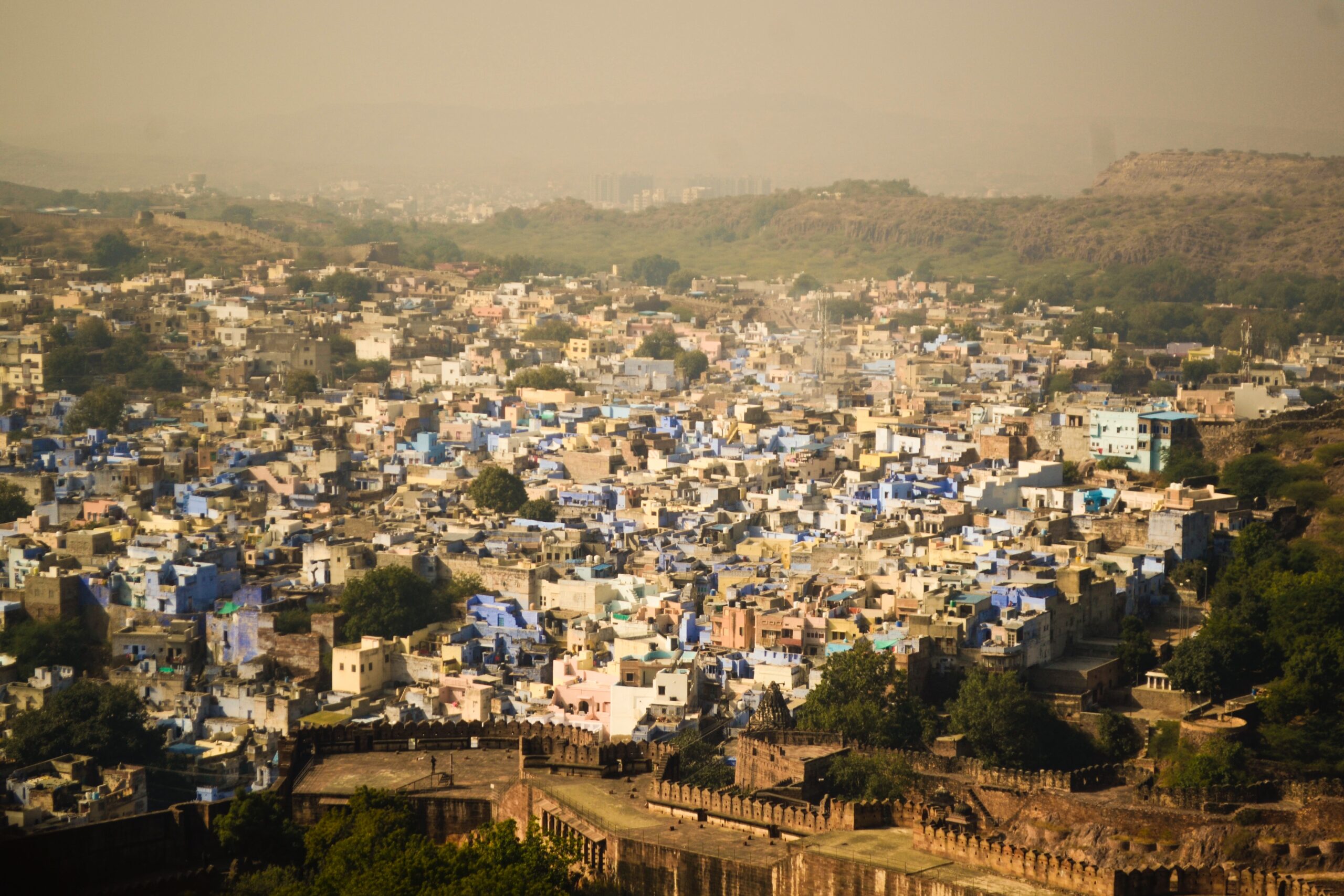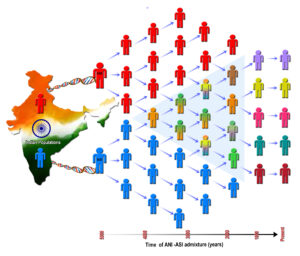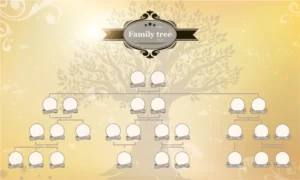Introduction
India, with its rich history and diverse cultural heritage, is a land of countless stories waiting to be discovered. Exploring your Indian genealogy can be a fascinating journey that connects you to your ancestral roots and helps you understand the tapestry of your family history. In this article, we will delve into the intricacies of Indian genealogy and provide you with valuable insights and resources to embark on your own ancestral quest.
The Significance of Indian Genealogy
Understanding your Indian genealogy can provide a sense of identity, belonging, and pride. It allows you to trace the footsteps of your ancestors, unravel their stories, and gain a deeper appreciation for the cultural and historical context in which they lived. Indian genealogy is not only about discovering names and dates; it is about piecing together the puzzle of your family’s past and preserving it for future generations.
Challenges in Indian Genealogy
Tracing Indian ancestry can be a complex task due to various factors. One of the primary challenges is the vastness and diversity of India itself. With over 1.3 billion people and a multitude of languages, religions, and regional customs, navigating through the genealogical landscape can be overwhelming.
Another hurdle is the scarcity of centralized records. Unlike some Western countries, India does not have a comprehensive system for maintaining birth, marriage, and death records. Historical events such as colonial rule, wars, and migrations have also resulted in the loss or destruction of valuable genealogical documents.
Getting Started with Indian Genealogy
Despite the challenges, there are several avenues you can explore to begin your Indian genealogical journey:
1. Family Oral History:
Start by speaking with older relatives and gathering as much information as possible about your family’s past. Document their stories, memories, and any details they can provide about ancestors, places of origin, and significant events. This oral history can serve as a foundation for further research.
2. Home Sources:
Search through old family photographs, letters, diaries, and other personal documents. These artifacts may contain valuable clues about your ancestors, their relationships, and their lives. Pay attention to names, dates, and locations mentioned in these materials.
3. Census Records:
Indian census records, although not as comprehensive as those in some Western countries, can still provide valuable information. The first complete national census in India was conducted in 1881, and subsequent decennial censuses have been carried out since then. These records can help you track your family’s movements and gain insights into their socio-economic status.
4. Regional Archives and Libraries:
Many Indian states and regions have their own archives and libraries that house historical records, manuscripts, and other genealogical resources. Visit these institutions or explore their online catalogs to find relevant documents and records pertaining to your family history.
5. Online Genealogy Websites:
Several online platforms, such as Ancestry.com, FamilySearch.org, and MyHeritage.com, offer resources and databases specifically focused on Indian genealogy. These websites allow you to search for records, create family trees, and connect with other researchers who may have overlapping interests.
Connecting the Dots
As you gather information and uncover documents, it’s essential to create a systematic approach to organizing and analyzing your findings. Constructing a family tree can help you visualize relationships and identify missing pieces of the puzzle. Use software or online tools specifically designed for genealogy to create and maintain your family tree.
Additionally, consider DNA testing, which has become increasingly popular in recent years. DNA tests can provide insights into your ethnic origins and help you connect with distant relatives who share a common genetic heritage. Many companies offer DNA testing services, enabling you to explore your Indian ancestry in a scientific and precise manner.
Preserving Your Indian Genealogy
Once you have gathered and organized your Indian genealogical research, it’s crucial to preserve it for future generations. Digitize important documents, photographs, and records to ensure their longevity. Share your findings with family members and encourage them to contribute their own stories and information.
Consider creating a family website or blog to document your journey and share your discoveries. This not only helps you connect with other researchers but also serves as a valuable resource for future generations seeking to explore their Indian heritage.
Conclusion
Exploring your Indian genealogy is a rewarding endeavor that allows you to unravel the threads of your family’s past and connect with your ancestral roots. While the challenges may be significant, the journey itself is filled with excitement, discovery, and a deeper understanding of your cultural heritage. By utilizing a combination of family stories, historical records, and modern technology, you can embark on a fascinating quest to trace your Indian lineage and preserve it for generations to come.




